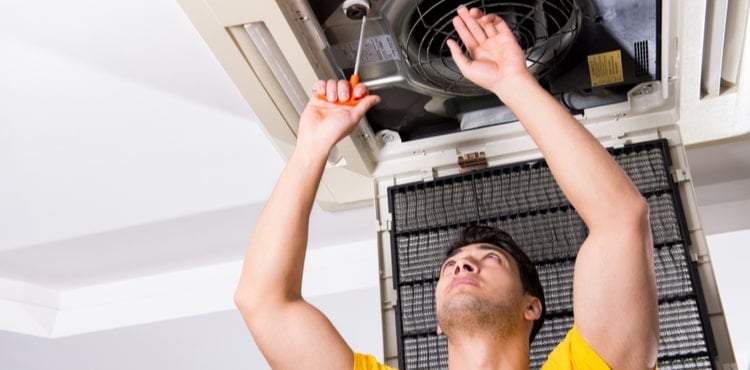HVAC Regulations Canoga Park Heating Air Conditioning Contractor
Purchasing a Trane furnace requires careful consideration of multiple price aspects. Homeowners usually focus primarily on the upfront price of the unit itself, but this strategy can lead to miscalculations when budgeting for general heating expenses. Evaluating the purchase worth, installation prices, ongoing maintenance, power efficiency, and potential restore expenses presents a more comprehensive view of complete ownership costs.
The initial investment in a Trane furnace typically varies based on model and capacity. Different fashions supply various features, such as advanced expertise and vitality efficiency scores, which may influence the overall cost. Higher-efficiency items could have a better initial price tag, however the long-term financial savings on vitality payments can justify that upfront expenditure.
Installation plays a critical function within the last cost. Professional installation could be a vital expense, and it's essential to acquire quotes from certified HVAC contractors. Factors influencing installation costs embody the complexity of the job, the existing ductwork, and any required modifications. Be sure to ask for detailed estimates that cowl labor as properly as materials, as this can provide a clearer picture of the whole value involved.
Maintenance prices shouldn't be underestimated. Regular maintenance is crucial for ensuring a Trane furnace operates effectively. Annual tune-ups might help maintain guarantee circumstances. While some homeowners could think about foregoing skilled maintenance to economize, this can result in more important repairs and inefficiencies if issues are left unaddressed. Investing in routine servicing can ultimately save owners from expensive breakdowns in the lengthy run.
HVAC Troubleshooting Guide Canoga Park HVAC Installation & Replacement
Energy costs represent one other important component of general ownership expenses. Trane furnaces come with varied power efficiency ratings, often denoted by the Annual Fuel Utilization Efficiency (AFUE) share. A larger AFUE indicates that a furnace converts a extra significant portion of gas into heat, leading to lower utility payments. Proactively evaluating power usage and considering upgrades that improve efficiency can considerably lower annual heating costs.

What components influence the worth of a Trane furnace installation?
Several elements impact the installation price, including the kind and measurement of the furnace, additional ductwork or modifications wanted, local labor charges, and any necessary permits or inspections required by native laws.

HVAC Certifications Canoga Park Experienced HVAC Contractor
Yes, many Trane sellers offer financing options, permitting prospects to pay for their furnaces in monthly installments. It's advisable to inquire about these choices throughout your session and compare rates and phrases.

Higher power efficiency rankings typically come with a better upfront price, however they can result in important savings on power payments over time. Models with higher efficiency scores typically qualify for rebates, making them extra financially viable in the long run.
What are the maintenance prices related to Trane furnaces?
Furnace Repair Canoga Park Top 10 Best HVAC Contractor
Annual see this page maintenance for a Trane furnace usually ranges from $100 to $300. Regular maintenance helps guarantee optimal performance and might extend the furnace's lifespan, probably saving cash on repairs over time.
Are there warranties obtainable for Trane furnaces, and how do they have an effect on costs?
Trane provides warranties on their furnaces, usually covering components for 5 to 10 years. Some models might embrace prolonged warranties for an additional price. Warranties can help mitigate repair costs and provide peace of mind.
Licensed HVAC Technician Canoga Park Commercial HVAC Services
How do local climate circumstances have an result on the cost of a Trane furnace?

HVAC Quotes Canoga Park HVAC Contractor Locator - Insulation
What ought to I think about earlier than purchasing a Trane furnace?
Consider components such as your personal home size, particular heating needs, power efficiency rankings, price range, and long-term prices. Consulting with a qualified HVAC skilled can help you identify the most effective model in your home.
Can I install a Trane furnace myself to save on costs?
While it may appear cost-effective to install a furnace your self, it is generally recommended to hire a professional. Refrigeration Services Canoga Park. Improper installation can lead to safety dangers, decreased efficiency, and costly repairs in a while.